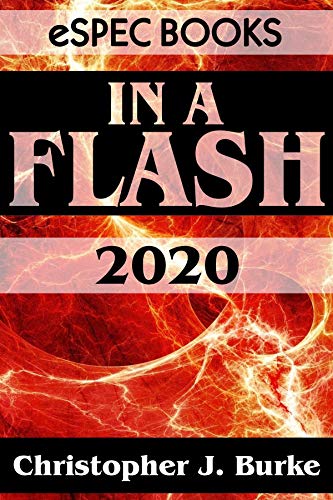On any test, you have to vary the level of difficulty of the questions. You can't make the students sweat every single question. It's the rollercoaster approach: let them catch their breath on the next climb before the next drive drop.
That said, my first look at last Friday's (June 14, 2013) Algebra 2/Trigonometry Regents shows some questions which my Algebra students might have been able to answer. However, as I look at this, I can't help wondering: if it's on this test, why am I cramming so much material into the Algebra 1 curriuculum?
Some questions my Algebra 1 students should've been able to answer (whether or not I covered the material as is):
7. What is the graph of the solution set of |2x - 1| > 5?
I didn't cover this, but I covered inequalities, and simple checking of the answers would yield the correct choice. (My students could get this only as a multiple-choice.)
8. What is the range of the function below? (graph omitted)
I covered domain and range, so they should have gotten this one easily.
Which ordered pair is in the solution set ... ?
It doesn't matter the actual equations. The fastest solution here is to plug in x and y and check. Using the simple equation, 3y - x = 0, choices (1) and (3) can be eliminated immediately. Choice (2) is obviously wrong for the first equation even if you accidentally reversed the co-ordinates, which I'm expecting is what the test makers were expecting when they wrote it. The answer, by quick elimination before I even checked it, is (4).
13. Sue invests $500 ...
Compound interest is now in Algebra, rather than just simple interest. However, they do make you solve for time in these problems. However, because its multiple choice and the fact that the formula is given and the avaiability of calculators, it doesn't take long to plug in all four answers.
17. Which problem involves evaluation 6P4?
Okay, fun time. Do I or don't I explain 6P4 on the blackboard? Do I cover permutations and how do I cover it? Yes, I cover permutations, but there's a time issue. I may explain how it's done without writing "6P4", and certainly without writing a complicated factorial formula for it. However, this year's Algebra regents had a factorial problem totally devoid of any statistics, so maybe I should be teaching that.
In any case, each of the four choices should be answerable in Algebra
- How many different four-digit ID numbers can be formed using 1, 2, 3, 4, 5, and 6 without repetition?
- How many different subcommittees of four can be chosen from a committee having six members?
- How many different outfits can be made using six shirts and four pairs of pants?
- How many different ways can one boy and one girl be selected from a group of four boys and six girls?
The answers, respectively, are 6P4, 6C4, 6 * 4, and 4 * 6. (The last two are basically the same question.)
18. Which equation is represented by the graph below?
I have one Geometry class per day. This was covered. There's nothing special about this problem that those students couldn't have done it.
24. Which expression is equivalent to ... ?
A fraction with variables and negative exponents. Nothing tricky about it. Laws of exponents.
So I hope everyone caught their breath on those and saved their your energy for the rest of the exam. Some questions were trickier than others, but some (especially the multiple choice) weren't too hard to work out.
One last question, which is beyond my regular Algebra class:
30. Find the number of possible ten-letter arrangements of STATISTICS.
There are 10! arrangements of the any 10 letters, but there are duplicates you have to divide by 3! for the repeated S's, by 3! for the repeated T's, and by 2! for the repeated 2!.
So the answer is 10! / (3! * 3! * 2!), which is 50,400.
Frankly, I'm surprised at this question, because that's pretty much the standard challenge question I use when teaching the subject. The other word I'll use is "MISSISSIPPI". I can't believe that they used it.













No comments:
Post a Comment